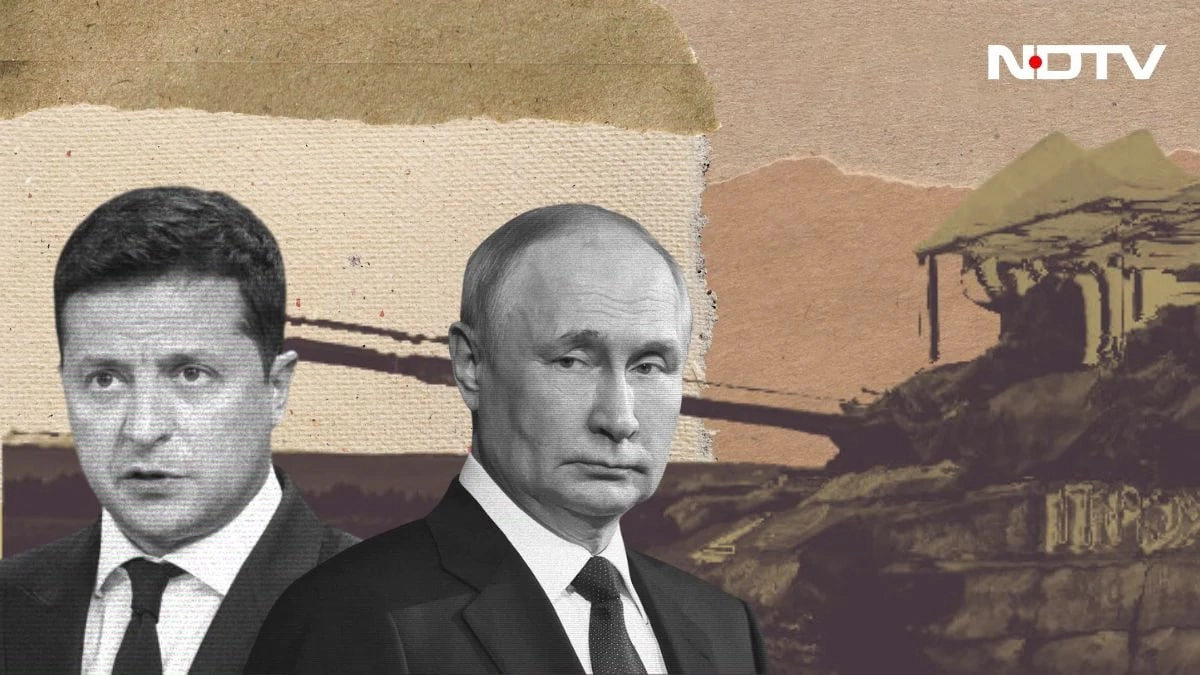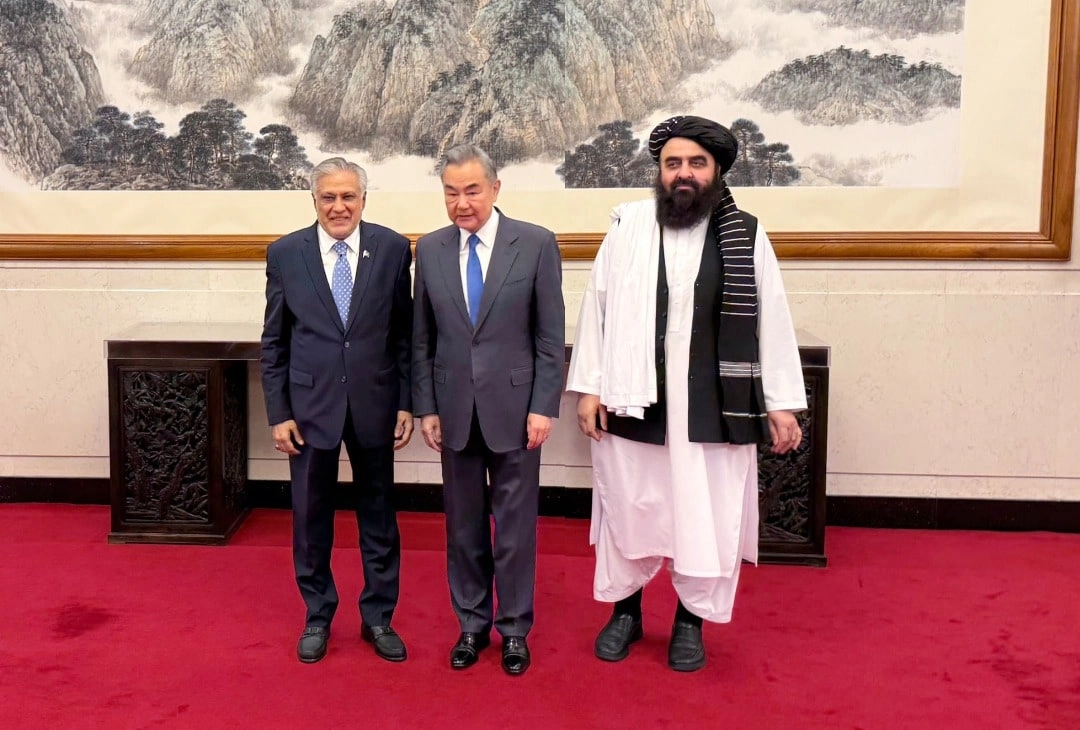The ongoing conflict in Ukraine has reached a critical juncture where the possibility of a ‘frozen’ conflict looms large. This term refers to a situation where hostilities cease but no formal peace agreement is reached, leading to a prolonged stalemate. Such scenarios have been observed in various regions worldwide, and the implications for Ukraine could be profound. The conflict, which began in 2014 following Russia’s annexation of Crimea and the subsequent unrest in eastern Ukraine, has resulted in significant loss of life, displacement of populations, and widespread destruction. As both sides dig in, the prospect of a resolution appears increasingly remote.
A ‘frozen’ conflict could have far-reaching consequences for Ukraine’s sovereignty and territorial integrity. It may lead to a de facto acceptance of the current territorial divisions, with parts of eastern Ukraine effectively under Russian influence. This status quo would not only undermine Ukraine’s aspirations for Euro-Atlantic integration but also embolden aggressive actions from Moscow, as it seeks to maintain its leverage in the region. The lack of a clear resolution could foster a climate of uncertainty and instability, making it difficult for the Ukrainian government to implement necessary reforms and attract foreign investment.
Internationally, a frozen conflict in Ukraine would also present challenges for Western powers. The West has been supportive of Ukraine, providing military aid and imposing sanctions on Russia. However, without a definitive end to hostilities, the West may find it increasingly challenging to maintain a united front. The potential for renewed conflict remains a concern, and a stagnant situation could lead to a war of attrition, draining resources and patience on both sides. As diplomatic efforts continue, the need for a concerted approach that addresses the underlying issues of the conflict becomes more urgent.
In this complex landscape, it is crucial for Ukraine to seek pathways to not only halt the violence but also to engage in meaningful dialogue with all stakeholders. While the outlook may appear grim, history has shown that conflicts can be resolved through persistence and diplomacy. The international community must play a proactive role in facilitating negotiations and ensuring that Ukraine’s sovereignty is respected. Ultimately, the goal should be to transition from a frozen conflict to a sustainable peace that allows for the rebuilding of a nation and the healing of its people.




